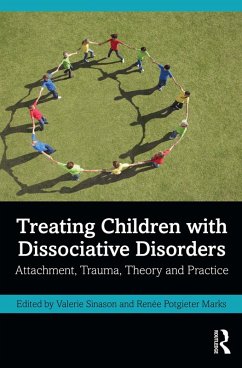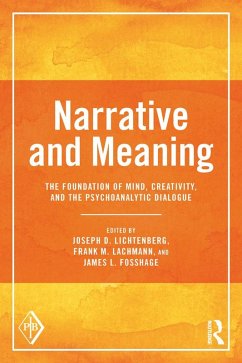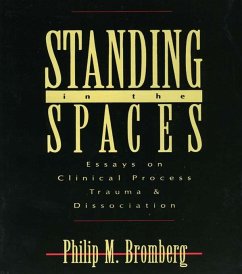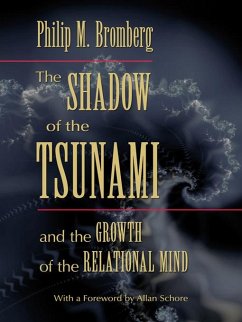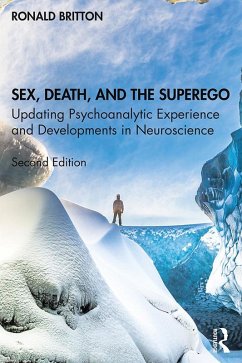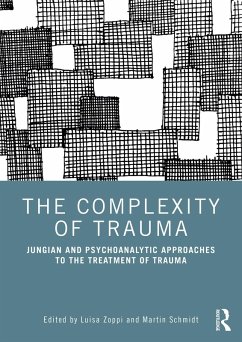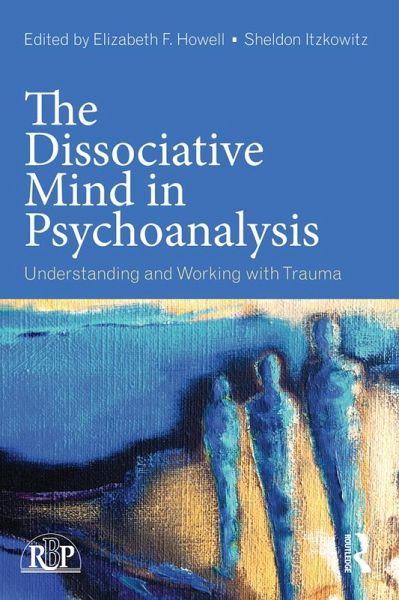
The Dissociative Mind in Psychoanalysis (eBook, PDF)
Understanding and Working With Trauma
Redaktion: Howell, Elizabeth; Itzkowitz, Sheldon
Versandkostenfrei!
Sofort per Download lieferbar
43,95 €
inkl. MwSt.
Weitere Ausgaben:

PAYBACK Punkte
22 °P sammeln!
The Dissociative Mind in Psychoanalysis: Understanding and Working With Trauma is an invaluable and cutting edge resource providing the current theory, practice, and research on trauma and dissociation within psychoanalysis. Elizabeth Howell and Sheldon Itzkowitz bring together experts in the field of dissociation and psychoanalysis, providing a comprehensive and forward-looking overview of the current thinking on trauma and dissociation.The volume contains articles on the history of concepts of trauma and dissociation, the linkage of complex trauma and dissociative problems in living, differe...
The Dissociative Mind in Psychoanalysis: Understanding and Working With Trauma is an invaluable and cutting edge resource providing the current theory, practice, and research on trauma and dissociation within psychoanalysis. Elizabeth Howell and Sheldon Itzkowitz bring together experts in the field of dissociation and psychoanalysis, providing a comprehensive and forward-looking overview of the current thinking on trauma and dissociation.
The volume contains articles on the history of concepts of trauma and dissociation, the linkage of complex trauma and dissociative problems in living, different modalities of treatment and theoretical approaches based on a new understanding of this linkage, as well as reviews of important new research. Overarching all of these is a clear explanation of how pathological dissociation is caused by trauma, and how this affects psychological organization -- concepts which have often been largely misunderstood.
The Dissociative Mind in Psychoanalysis will be essential reading for psychoanalysts, psychoanalytically oriented psychotherapists, trauma therapists, and students.
The volume contains articles on the history of concepts of trauma and dissociation, the linkage of complex trauma and dissociative problems in living, different modalities of treatment and theoretical approaches based on a new understanding of this linkage, as well as reviews of important new research. Overarching all of these is a clear explanation of how pathological dissociation is caused by trauma, and how this affects psychological organization -- concepts which have often been largely misunderstood.
The Dissociative Mind in Psychoanalysis will be essential reading for psychoanalysts, psychoanalytically oriented psychotherapists, trauma therapists, and students.
Dieser Download kann aus rechtlichen Gründen nur mit Rechnungsadresse in A, B, BG, CY, CZ, D, DK, EW, E, FIN, F, GR, HR, H, IRL, I, LT, L, LR, M, NL, PL, P, R, S, SLO, SK ausgeliefert werden.




